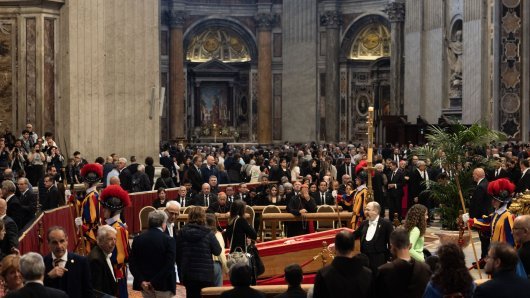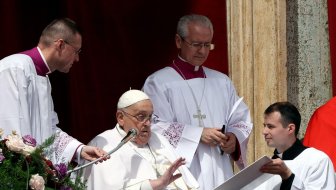Croatia's accession to the European Union will not solve all of its problems, but the countries that joined the EU before have made great progress in economic, social and reform terms, and that has also been happening in Croatia ever since it applied for EU membership, European Commission President Jose Manuel Barroso told the Croatian public television network HTV in an interview broadcast in its prime-time news programme on Saturday evening.
Benefits of Croatia's EU entry are great because as a comparatively small country it will be on the same level as others and will participate in decision making, Barroso said.
Barroso mentioned structural funds as a very important and concrete form of cooperation that would ensure financial support for Croatia's regions, agriculture, investment, and environment.
Speaking of the problem of corruption, Barroso said that progress had been made during accession negotiations because Croatia was required not only to develop a new firm legal framework but also to ensure enforcement and demonstrate concrete results in the fight against corruption, and it had been agreed with the Croatian authorities that this would continue after accession to the Union.
It should be noted that corruption is not a problem in Croatia alone, other countries are facing the same challenges, and we have seen corruption cases in all democratic countries, the Commission President said, declining to comment on individual cases, including that of former Croatian Prime Minister Ivo Sanader.
It is important to fight every existing corruption case, because it is a fight that never ends and it is important that any country is prepared to fight against any case of corruption, he added.
Barroso said that the European Commission always supported free movement of people, including workers, inside the EU, because that is one of the biggest achievements of the European project.
However, it is true that an agreement was reached during negotiations on a transitional period of a maximum of seven year before the full freedom of movement of workers from Croatia to all EU countries takes effect. The seven years will pass very quickly, and it is important that we all enjoy the prospects that will come, just as people from Europe will enjoy living in Croatia, a very hospitable country, Barroso said in a comment on the decision by some of the EU countries to close their markets to Croatian workers during the first two years of membership.
As for Neven Mimica, the new Commissioner for Consumer Protection, Barroso described him as a very committed, serious and capable person, a very experienced colleague who will be responsible for an important department. He said that the new commissioner from Croatia would be expected not just to run his department well, but also to contribute to Commission decisions in all important areas it deals with, from the economy to youth employment.
Barroso would not discuss German Chancellor Angela Merkel's cancellation of her trip to Zagreb to attend the celebration of EU accession, saying that he could not explain reasons for her decision. He, however, noted that Merkel was always very committed to the enlargement process, especially in the case of Croatia.
I can confirm that, because I often discussed it with her, Barroso said at the end of the interview.



































